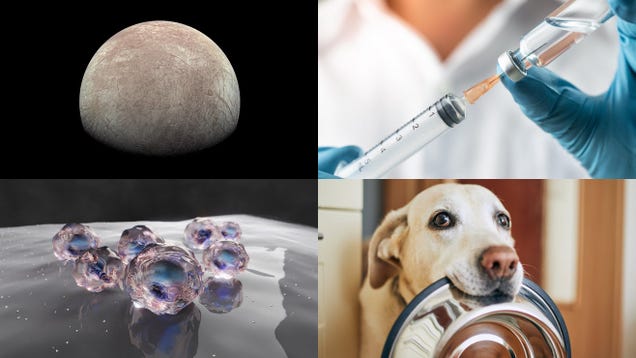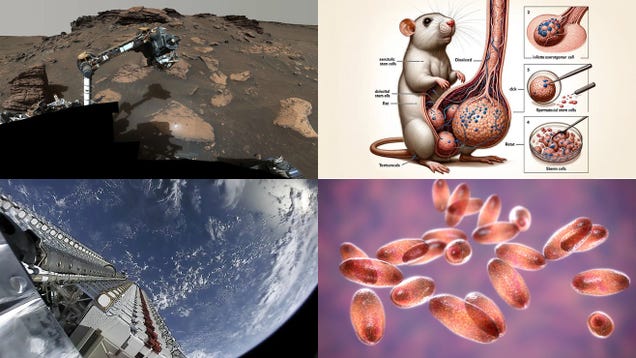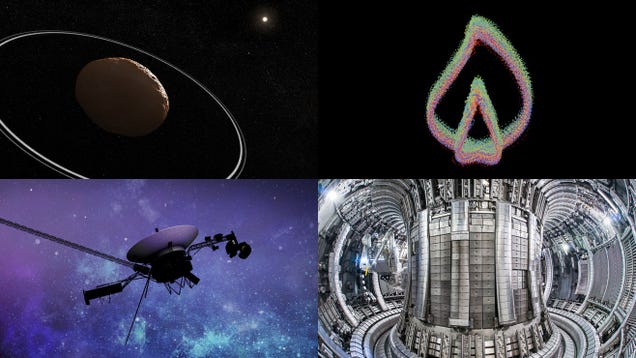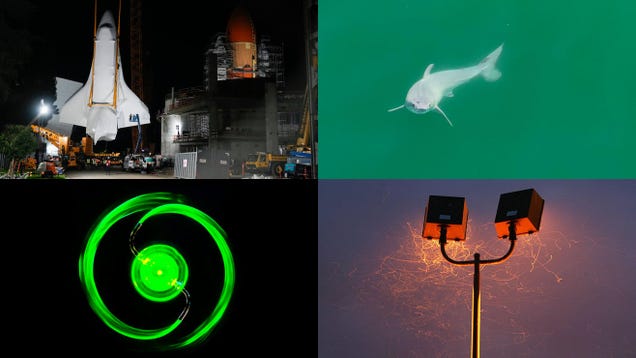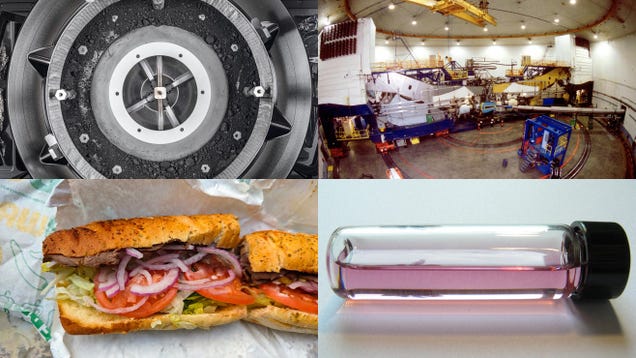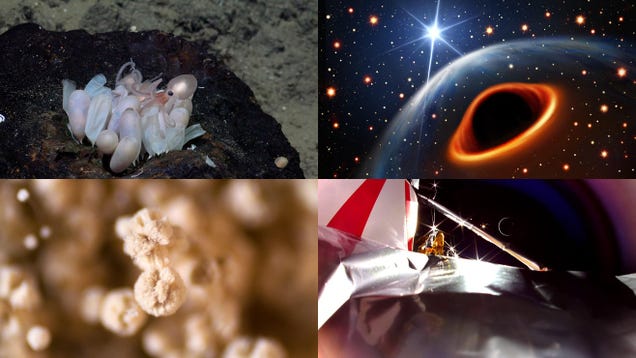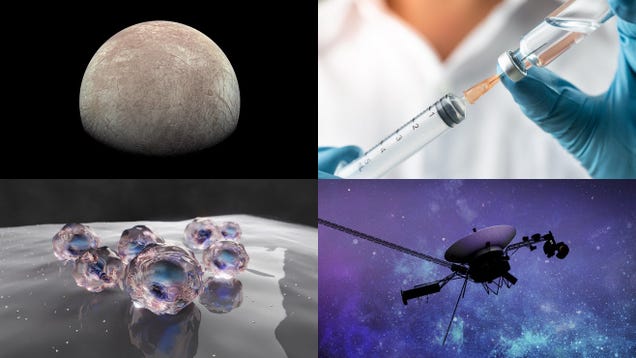
In our top science stories this week, data from NASA’s Juno spacecraft helped scientists calculate how much oxygen is being produced on the intriguing Jovian moon Europa (enough for a million humans to breathe a day, according to the study). Back on Earth, a German man got 217 covid-19 shots and is apparently doing…

